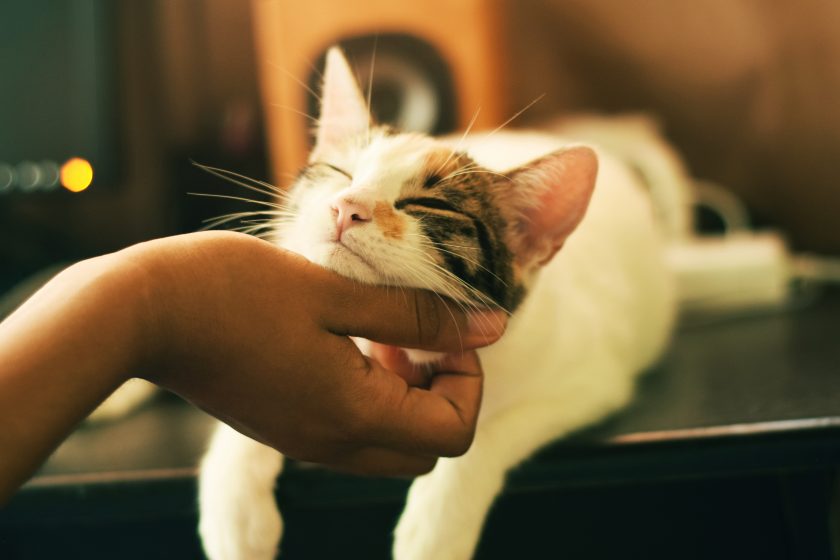Fleas spark fear in the minds of many pet owners, and for good reason: not only do fleas cause an annoyance to your pet and your family; they are also a prime disease-spreading agent. Fleas are parasites, meaning they need the blood of other animals to survive. Fleas prefer animals, such as dogs and cats, and often only eat off of humans in desperation. Additionally, many pet owners believe that flea bites are always itchy on pets, like they are on humans, and therefore, their pet only has flea bites if they are itching. This is false, since flea bites are not always itchy.
Fleas Spread Disease
When a flea bites its victim, it releases proteins into the skin that help break down the materials of the skin and blood, making it easier for it to consume the blood. This itself is a problem. The feasting flea could have feasted off the blood of countless other animals and humans and when it breaks the skin of your animal, it exposes your pet to any disease its previous victims had.

Why Flea Bites Itch
Immediately, the animal’s immune system kicks in and antigens are sent to fight of the foreign invader. In some pets, this causes itching. However, itching usually only occurs if your pet has an allergic reaction to the flea. Itching is the attempt of your pet’s body to literally flick off whatever foreign invader is harming them. Itching can be vigorous, and your pet can remove other skin and hair in the process, exposing itself to other diseases and infections.
Itching Dependent on the Animal
Since not all animals have allergic reactions to fleas, not all animals will itch even after their fur has become infested. This is troubling, because not only is your pet at further risk for disease, but the more fleas that are in your house, the more likely your family is to be exposed to the diseases that they carry.
Be Vigilant!
Therefore, anytime fleas are found in your house, it is crucial to scrub down all of your animals with anti-flea soap, which can be bought in any store that sells pet supplies. Fleas are tiny, and even after inspecting your pet, you may not see them. Therefore, it is important to wash them anyways.
Preventative Pet Hygiene
Since many anti-flea treatments contain chemicals, it is important not to always bathe your pet in these chemicals. However, practicing good pet hygiene, such as giving your pet regular baths, is a good first step to preventing fleas. Fleas like to live in dirty environments, so try to keep your pet as clean as possible and keep them away from other pets that may have been exposed.
Talk to Your Vet
It is also important to talk to your veterinarian about fleas at your pet’s checkup. Ask if there have been any outbreaks in the area, and if they have any suggestions about flea prevention techniques. Also, contact them before you begin using any anti-flea treatment to make sure that the treatment that you would like to use is safe for your pet.
To keep your pet and your family healthy, you need to keep the fleas as far as way as possible. Since flea bites do not always itch, it is important to keep your pet and home clean, and talk to your veterinarian.
